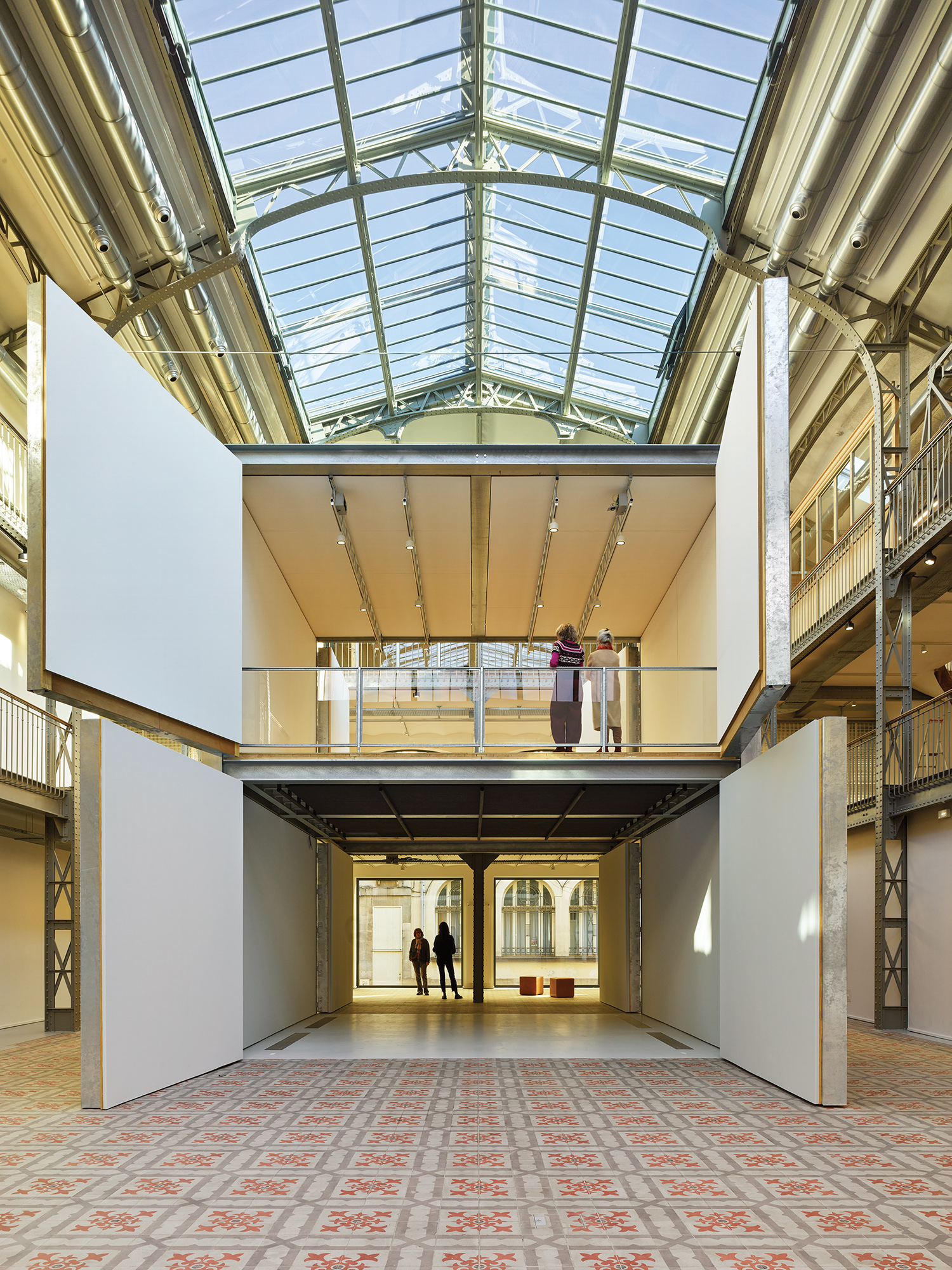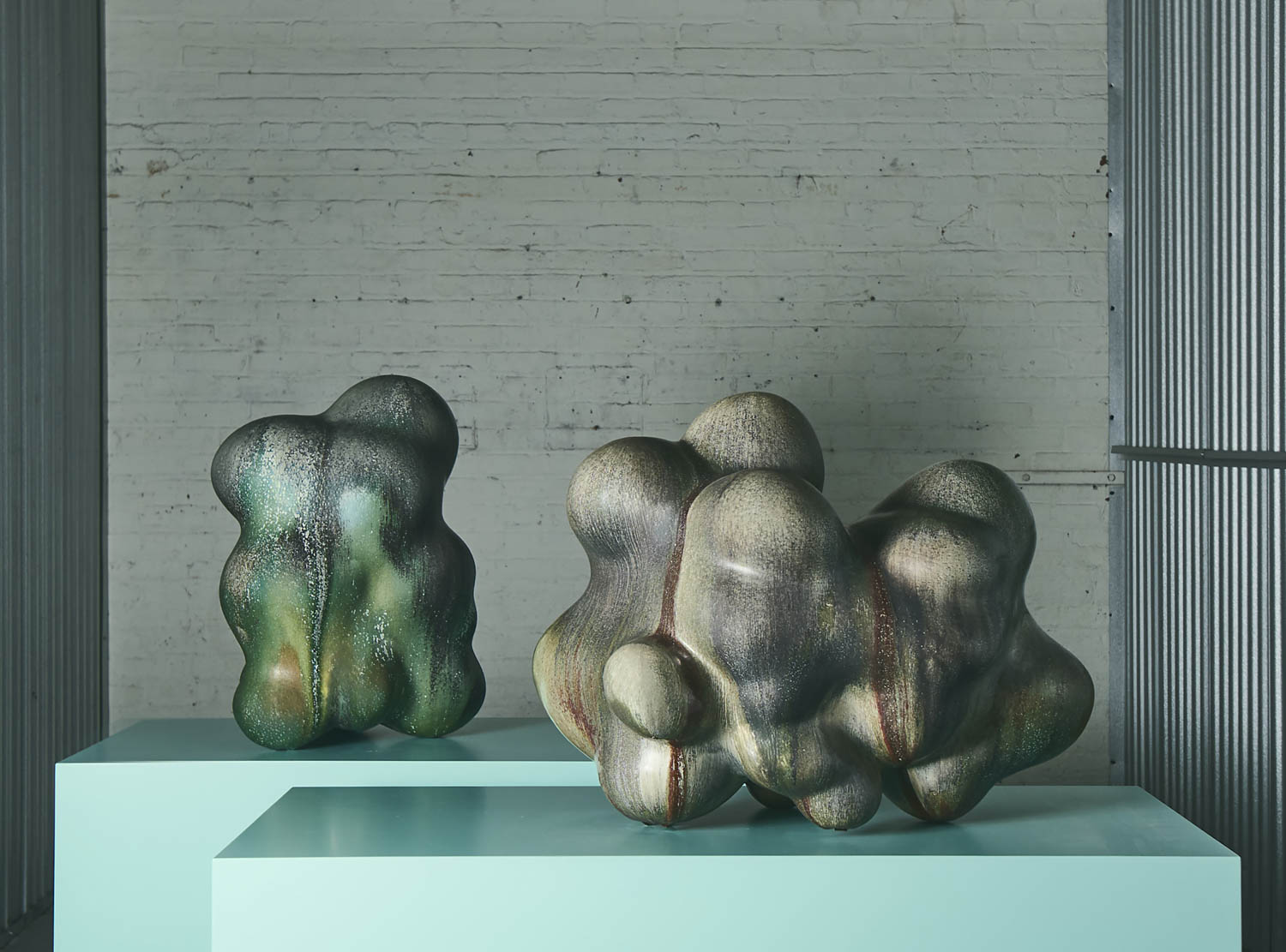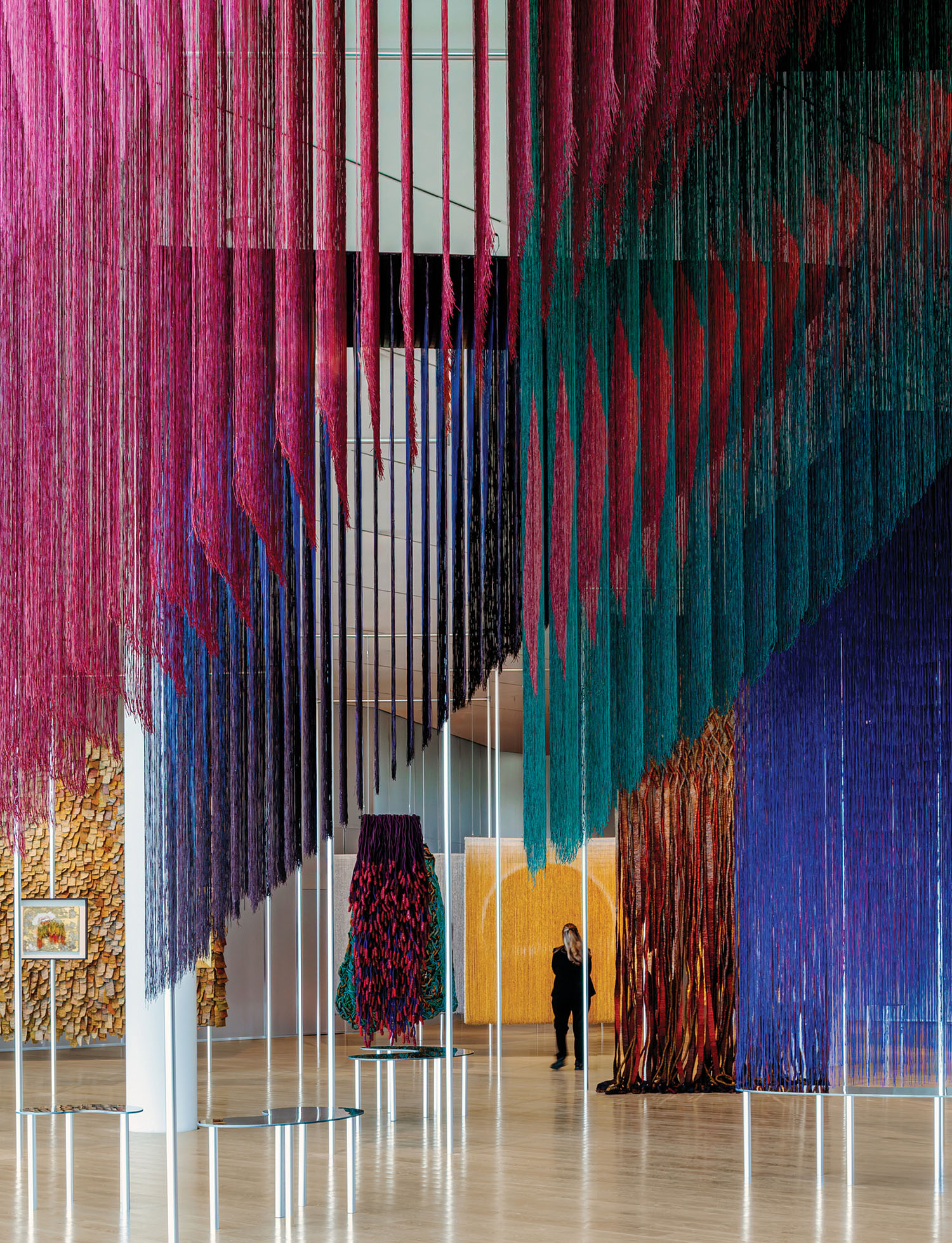10 Questions With… EDIT Napoli Founders Domitilla Dardi and Emilia Petruccelli
EDIT Napoli, a new fair created to support and promote independent design and craft, launches on June 6th in Naples, Italy. Focused on the rise of the designer-maker figure, the debut will feature 60 exhibitors—among them well-known and emerging designers as well as established producers and manufacturers—who all have one thing in common: they favor quality over quantity and have a practice rooted in making. Interior Design spoke to the two women behind the project, Domitilla Dardi and Emilia Petrucelli, about the city of Naples, the event, and alternatives to globalized, standardized products.
Interior Design: What does Naples represent to you compared to other Italian or international cities?
Domitilla Dardi: It is the only truly international Italian city. It was the capital of Italy before Rome was and has an urban structure that brings to mind both the great European metropolises of Paris or Madrid with their wide ‘boulevards’ and the small Italian art towns. And then it also has the port and the sea. Naples is one of the Mediterranean capitals and its geographical situation makes it perfect as a crossroads for exchange and cultural encounters. It is no coincidence that it has always been the only Italian city, along with Venice, that is a real reference point for international contemporary art. They are both gateway cities between East and West.

ID: What was it about the city that inspired you to create this event?
Emilia Petruccelli: As a city, Naples never leaves people indifferent. There is too much sameness and standardization in the world and I believe that we need more cities like Naples, where you can breathe and cultivate difference and independent ideas. The people who will come to EDIT Napoli are looking for something different, something unexplored.
ID: When did you get the idea for EDIT Napoli?
DD: Emilia came to me two years ago with two very clear ideas: that we should launch a new fair and we should do it in Naples. Together we understood that instead of focusing on sectors like collectible design and design galleries—which already have endless venues and events—we should focus on the world of small batch production, craftsmanship, and the designer-maker. Today this figure is more relevant than ever. We need products that have an identity.
EP: We wanted to create something that was curated, but where people could still be surprised. An event with purpose and clear economic intentions. I believe that independent design has to do business in order to survive.
Read more: 10 Questions With… Lisa White, Curator of the Biennale Internationale Design Saint-Étienne
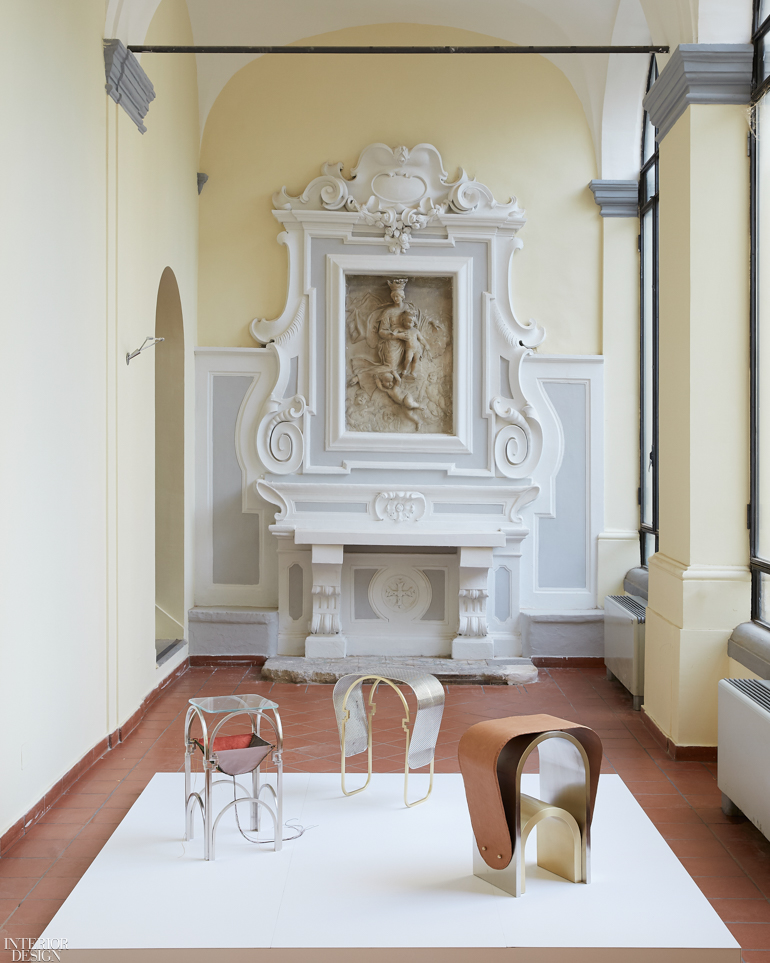
ID: Why was it important, in your opinion, to launch EDIT Napoli?
EP: Because the retail world is moving and changing fast, from the internet to the commercial and industrial strategies of flagship brands. It needs to innovate and to do so it needs specific places in which it can reflect this change and address it. EDIT Napoli proposes being that place.
DD: Because a fair dedicated to this market segment didn’t exist. We have done a lot of research in the run-up to the event, but the fair won’t be about prototypes or concepts; it will be about real products for the real world.
ID: Who do you want to reach, convince, convert with EDIT Napoli?
EP: We aim to reach and connect international buyers, architects, designers, shop owners, interior designers, all the different strands of the design world basically. The ambition of EDIT Napoli is to become an international reference point for authored design, which thanks to the push of the fair we hope will experience sustainable growth within a few years.
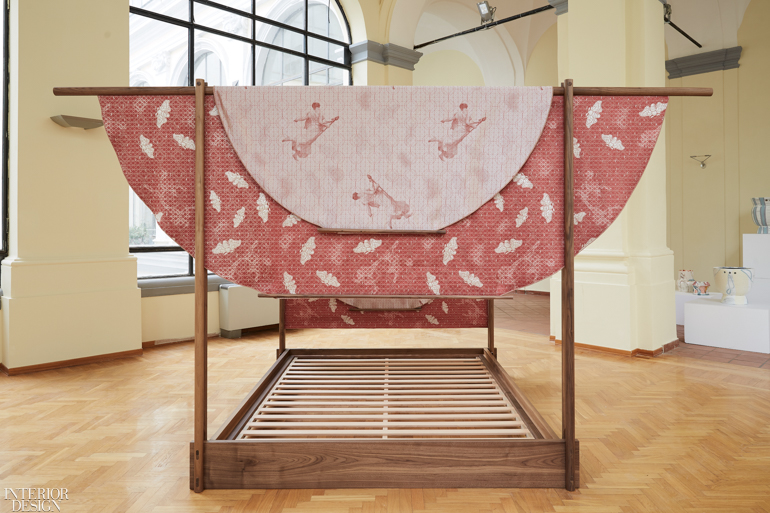
ID: Is there a large community of makers, artisans and designers in Naples and the surrounding area?
DD: There is a large community of artisans throughout Italy and in all Mediterranean countries. It is a historical fact that where industry did not have the right socio-economic conditions to take off, craft continued to thrive. But today craft uses updated tools and advanced technologies. There is still much to do to make this sector more widely known and more accessible and this is what we are aiming to do. We want to be a sounding board for the sort of design that can be a genuine alternative to globalized and standardized products.
ID: Do you hope that the event can work as an economic engine for the city?
DD: EDIT Napoli was created as something that could impact various industries in the region. A good example of this is the Made in EDIT residencies. We hosted international designers for a month so they could work with local artisans. The result won’t just be a unique piece that tells the beautiful story of this encounter, the result will be an object or collection that will be replicated, produced, and sold as part of the Made in EDIT brand. Everyone involved in the process will profit from this relationship, not just economically but also in human terms.
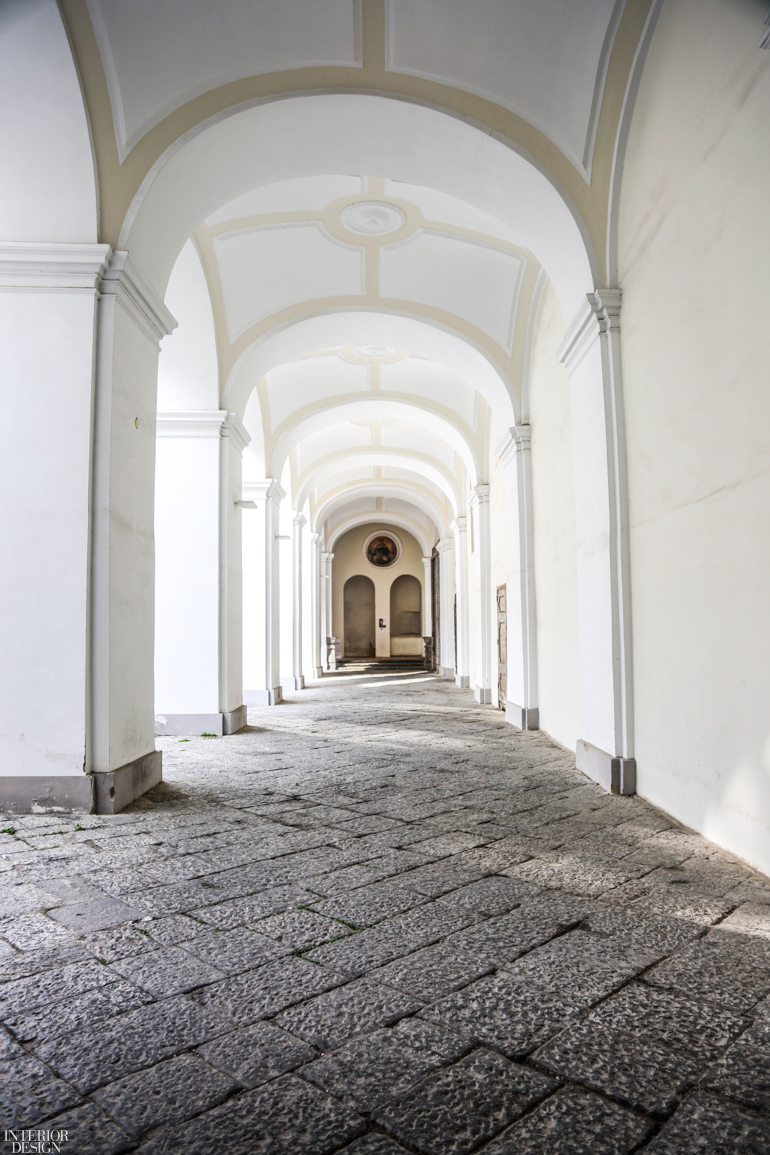
ID: Can you give me some examples of important and interesting crafts, materials, and manufacturers in the area that you are looking at?
DD: For Made in EDIT, we investigated the ancient Bourbon silk factories of nearby San Leucio with Amsterdam-based designers Faberhama, the leather and metal artisans of the city’s historic central districts with Lebanese designer Khaled El Mays, and the ceramicists of Minori on the Amalfi coast with NYC-based artist Reinaldo Sanguino. In the future we will focus on other manufacturing processes, too, such as coral brooches and Capodimonte porcelain, for instance.
ID: Are there any other local crafts that we should know about?
EP: We are already looking at numerous other artisans and supporting them, so they can take part in the 2020 edition. They include stonemasons, leather goods craftspeople, weavers, and cabinet-makers. But we also want to open ourselves to other craft sectors and not necessarily only local ones from the Campania region.
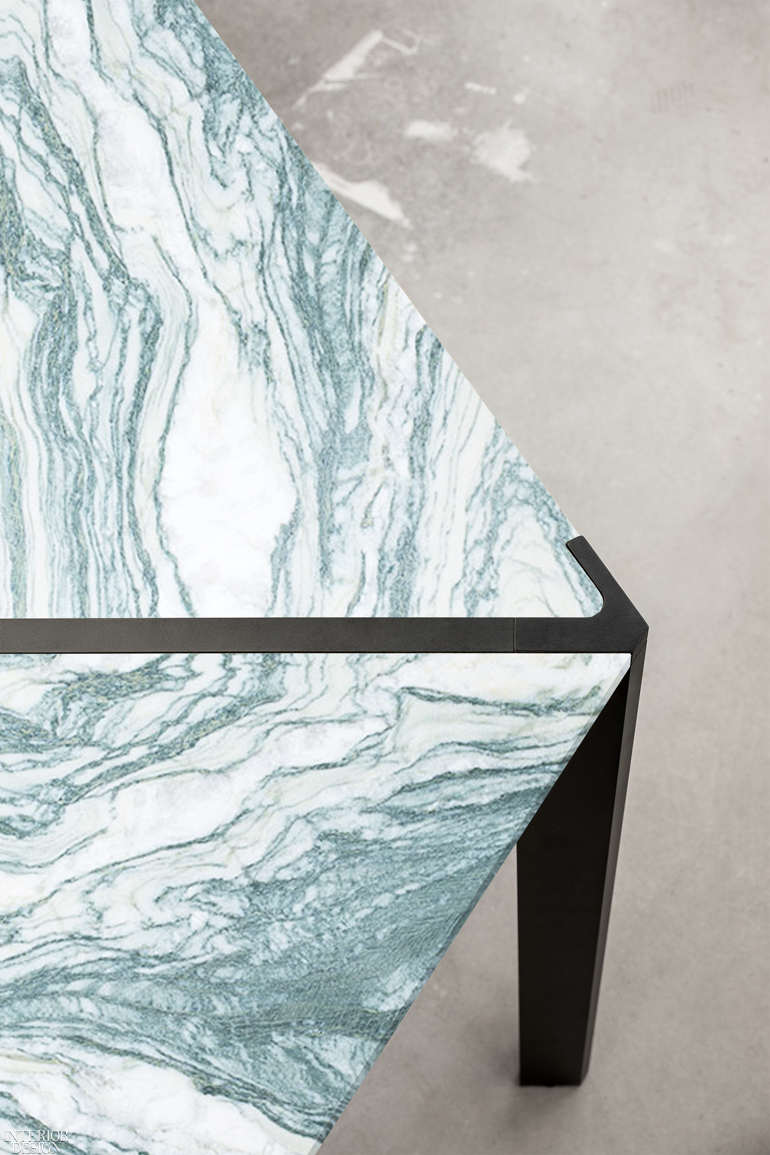
ID: Tell me about a particular highlight at EDIT Napoli? Something you yourselves can’t wait to see?
DD: We are excited to see the new collections. Almost all of our 60 exhibitors are bringing products that they are presenting commercially for the first time at EDIT and for this reason we have launched a dedicated award for best new product to be judged by an international jury. It will be interesting to see the ‘big names’ in design rubbing shoulders with experienced craftspeople and the most disparate typologies being presented side by side.
Read more: 10 Questions With…the Team Behind the Dundee Design Festival 2019

